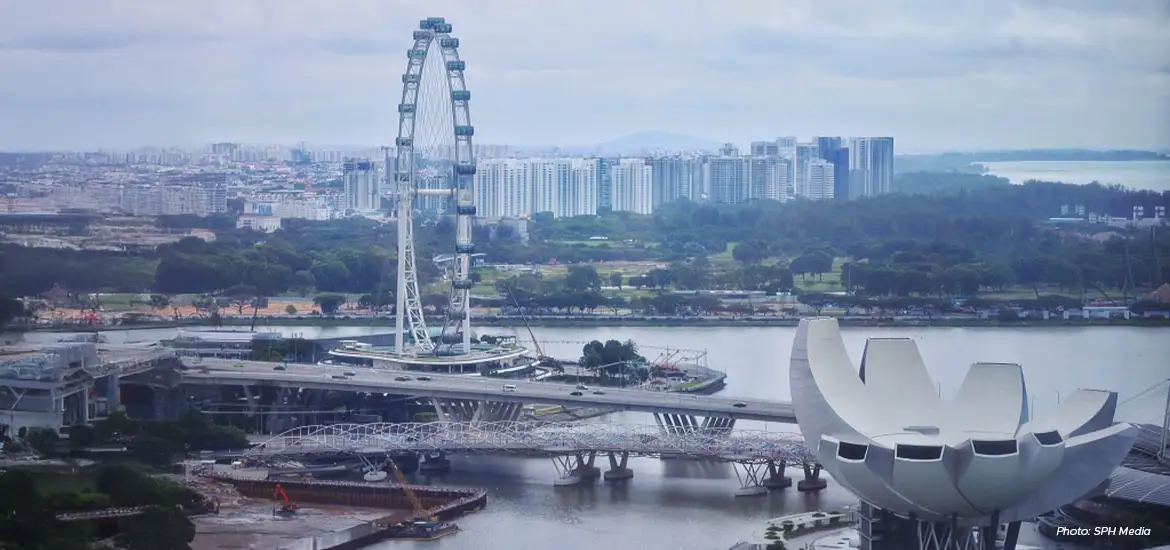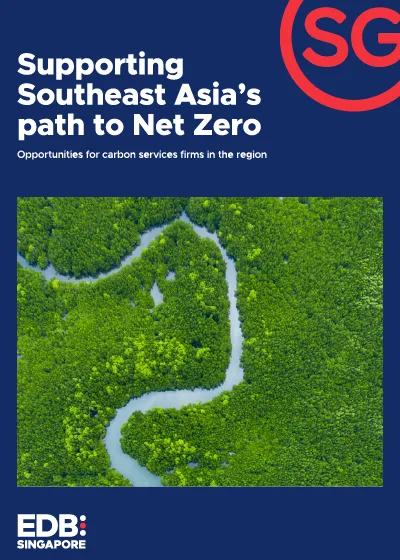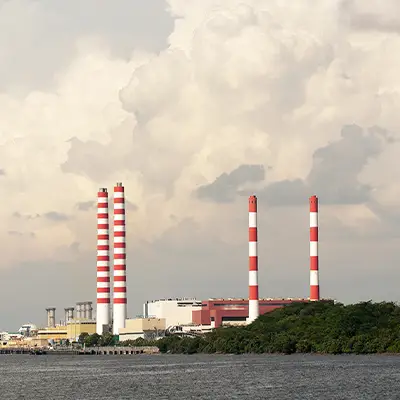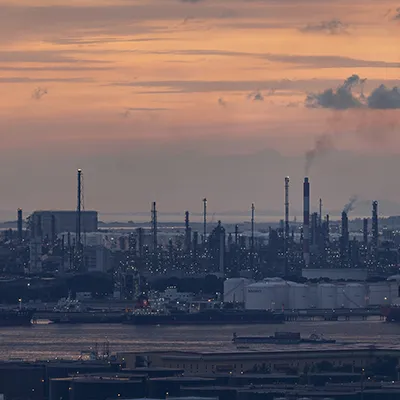With climate finance weighing heavily at the UN Climate Change Conference (COP29) in Azerbaijan, Singapore announced on 12 Nov that it will commit up to US$500 million (S$669 million) to a national initiative to channel financing to decarbonise Asia.
The US$500 million from the government will come in the form of concessional funding, such as grants and loans provided at more favourable terms and below market rates.
This funding will match, dollar for dollar, concessional capital from other partners, including other governments, multilateral development banks and philanthropic institutions.
Funding from these bodies can help to soften investors’ risks in financing green projects, which can often be deemed too risky or unprofitable.
The US$500 million will be a major component of the national blended finance initiative, which aims to raise up to US$5 billion to finance green projects in Asia or reduce their risk.
The Financing Asia’s Transition Partnership (Fast-P) was launched by the Monetary Authority of Singapore (MAS) in 2023 at COP28 in Dubai.
The update to Fast-P was announced by Minister for Sustainability and the Environment Grace Fu in a pre-recorded speech at the Singapore Pavilion at COP29. The summit is scheduled to run until 22 Nov.
“This combined pool of concessional capital will be used to crowd in commercial capital and other sources of finance to accelerate capital flows to support Asia’s green transition,” said Ms Fu.
Speaking at the pavilion on 12 Nov, Singapore’s Ambassador for Climate Action, Mr Ravi Menon, said Asia faces significant challenges in attracting private capital for decarbonisation.
This is due to insufficient expertise in green project development, high upfront capital costs and long payback periods, as well as regulatory and technological risks, he said.
Mr Menon, who is also senior adviser to the National Climate Change Secretariat, added that the combined pool of concessional capital will be used to crowd in up to US$4 billion of commercial capital to support transition projects in Asia.
Projects that can be financed under Fast-P include the early phase-out of coal power plants, the upgrading of electricity grid infrastructure, and industrial decarbonisation efforts that are only marginally bankable.








